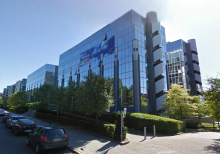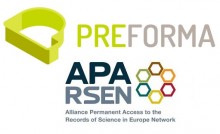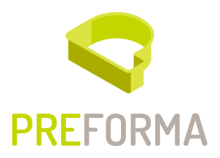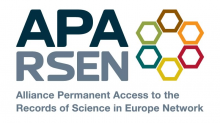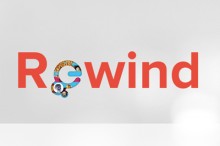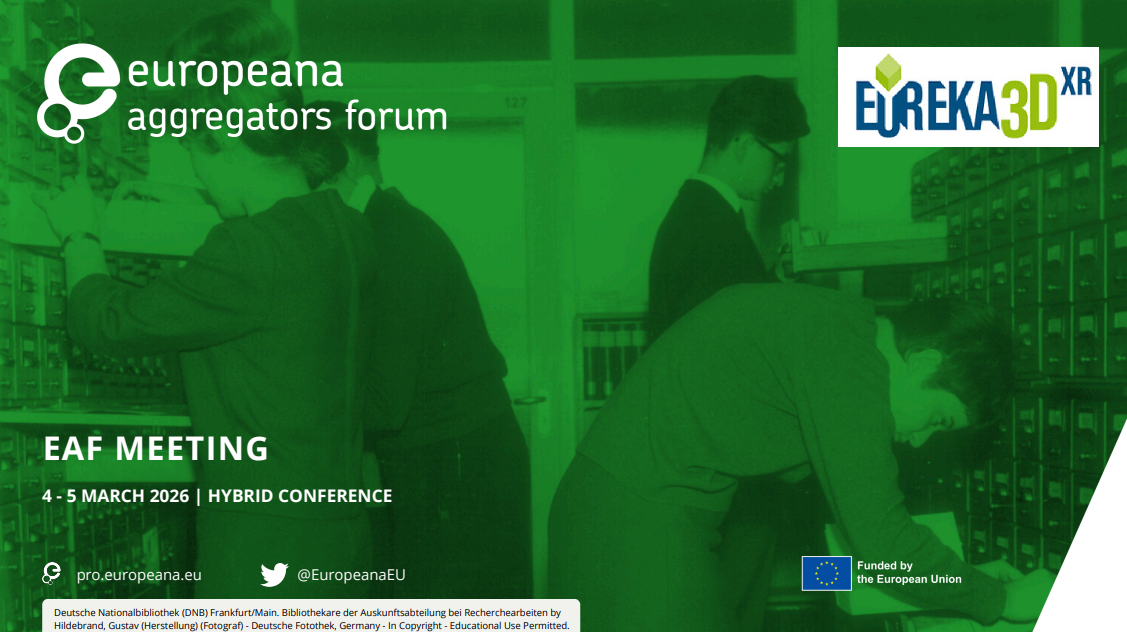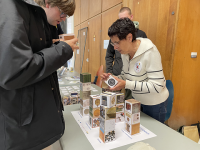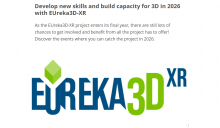impressive progress for Europeana Space pilot about smart television, and a hackathon is happening soon!
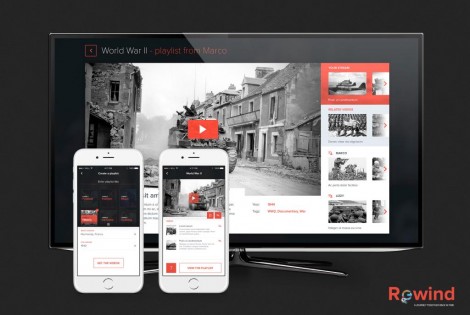
Rewind app design, VBOT.TV, CC-BY-NC
by Kelly Mostert, Sound & Vision (NISV)
On the 19th of November 2014 the EuropeanaTV pilot members took part in an interactive workshop to create a SmartTV application that lets you travel back to historical events. The workshop took place in the offices of Noterik in Amsterdam, where the pilot members tried to develop a basic core app much in the spirit of an actual hackathon. The resulting prototype app called “Rewind” was pitched at Waag Society on the last day, which started off a fruitful meeting with partners Waag Society and Culture Label to discuss hackathon strategy.
Present at the workshop were Daniel Ockeloen from Noterik, Marco Rendina of Cinecitta Luce, Bartek Czerwinski of Proton Labs, Alexandros Chortaras of the National Technical University of Athens and Kelly Mostert and Lizzy Komen of Sound & Vision.
Setup of the workshop
The workshop was split up in two tracks: the design track and the development track. This was specifically done to give the developer (Noterik) time to work with the EuropeanaTV toolkit and test what could realistically be programmed in two days.
The activities planned out over the two day workshop were as follows:
Day 1
#1 Go over the use case and discuss core features to be developed in 2 days: what can realistically be coded in the next 4-8 hours? What is the basic technology of the app?
#2 While developer starts coding, design group further fleshes out the use case for prototyping: which foreground/design features are needed to enhance the viewer experience? Which background processes need to occur for the technology to work and be smart?
#3 Creating an elevator pitch (5 slides) to summarize the core innovation of the app; addressing the target usergroup, which new experience are we creating?
Day 2
#1 Brainstorming on interaction design and wireframes – using flip-overs and paper sheets: what do we want it to look like? What goes where?
#2 Creating the design document: Statement of goals and project, Functional description, User interface & Milestones
Results
At the end of the pilot workshop we had three things produced: a basic core app with working functionality, evocative wireframes showing the user interface of the prototype app, and a design document with an extensive description of “Rewind” – a full-fleshed EuropeanaTV prototype! The app lets you travel back to historical events, such as the Olympics of 1962. Now it was time to take our idea to the market, which we proudly did the next day in a meeting with Culture Label and Waag.
Watch our elevator pitch slides:
From prototype to incubation phase: EuropeanaTV hackathon strategy
Having experienced our own mini hackathon, it was time to discuss official hackathon plans with Christine van den Horn of Waag Society and Simon Cronshaw of Culture Label. Activities were planned in terms of selecting participants, stakeholders, sponsors, creating a communication strategy and ideas to assemble and incentivize teams. We are excited to announce the EuropeanaTV hackathon on the 8th, 9th, and 10th of May at Waag Society in Amsterdam with inspiring pre-events on March 25th and April 8th.
More information on the hackathon soon to follow – stay tuned!
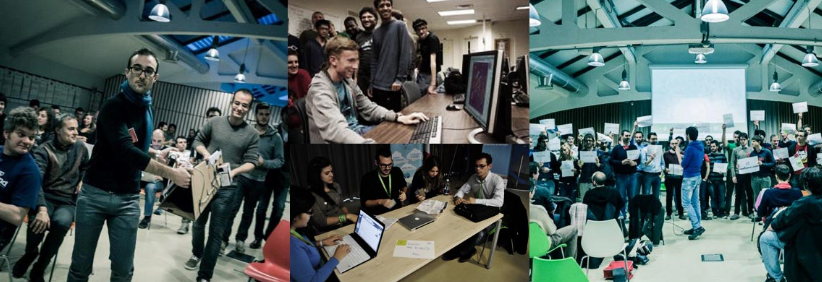



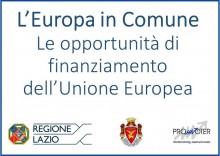
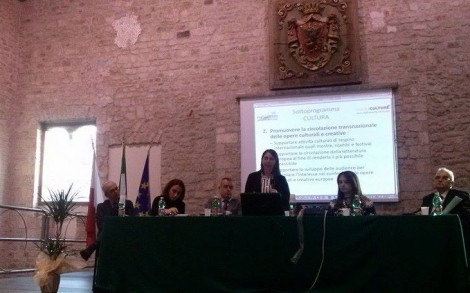

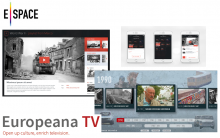
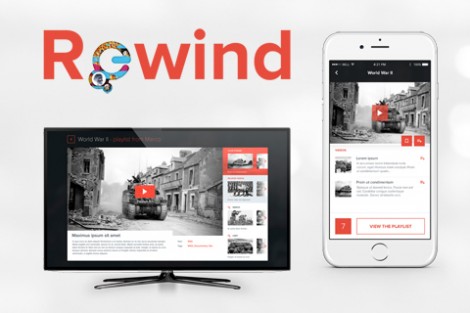
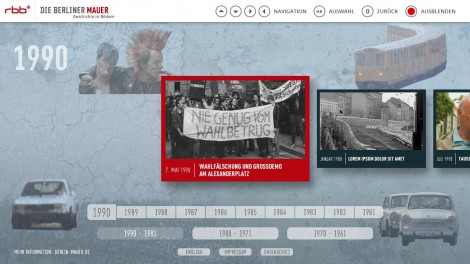
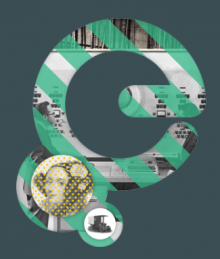
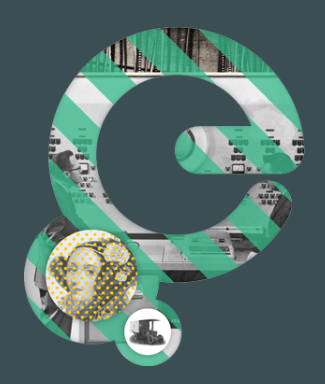 The second international EuropeanaTech conference was held on February 12th and 13th 2015 in Paris, France. Europeana is uniting hundreds of experts from across the EU to share knowledge and jointly shape the future of memory organisations in a networked environment. Specifically on the technology front, Europeana has developed into a point of reference in various areas, including data modelling, innovative reuse of cultural heritage assets, semantic enrichment and –discovery.
The second international EuropeanaTech conference was held on February 12th and 13th 2015 in Paris, France. Europeana is uniting hundreds of experts from across the EU to share knowledge and jointly shape the future of memory organisations in a networked environment. Specifically on the technology front, Europeana has developed into a point of reference in various areas, including data modelling, innovative reuse of cultural heritage assets, semantic enrichment and –discovery.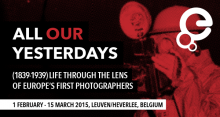
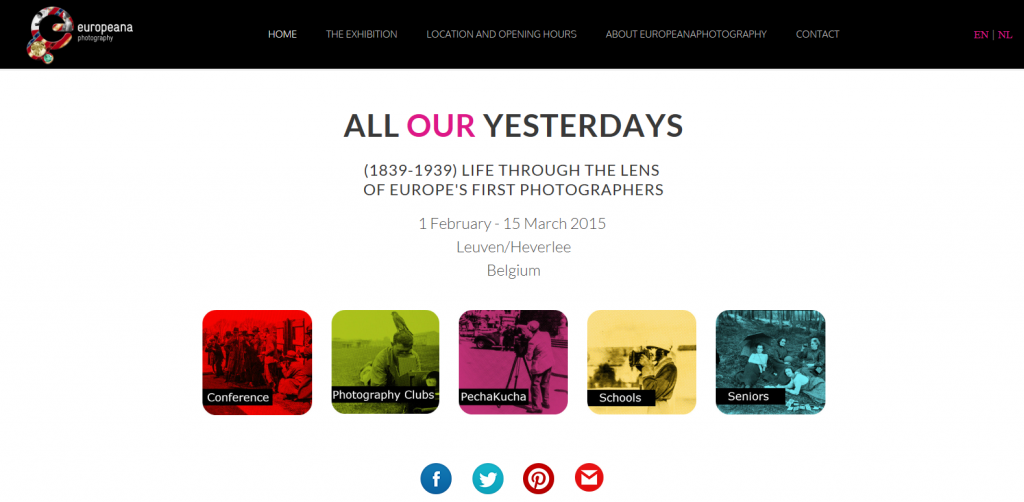
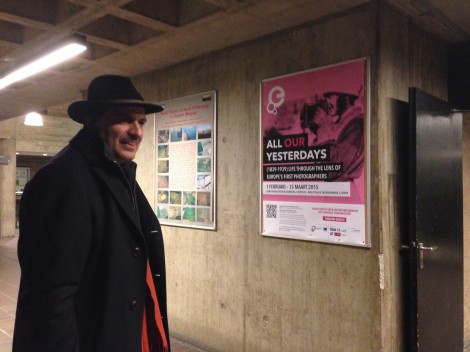
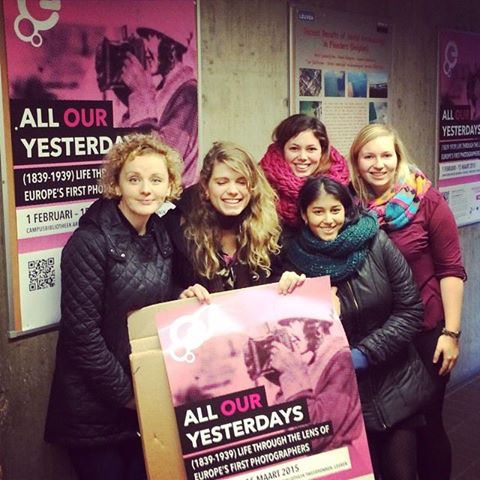
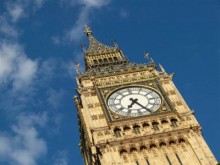
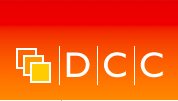 “Ten years back, ten years forward: achievements, lessons and the future for digital curation”
“Ten years back, ten years forward: achievements, lessons and the future for digital curation”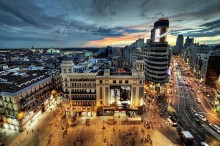
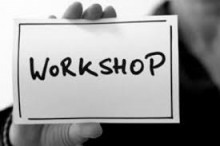
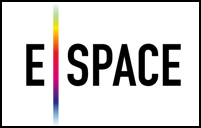 Important appointments organized by Europeana Space project in March 2015!
Important appointments organized by Europeana Space project in March 2015!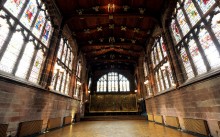 www.europeana-space.eu/ipr-workshop/
www.europeana-space.eu/ipr-workshop/